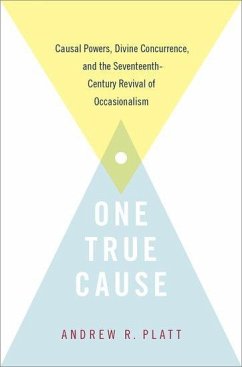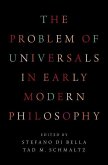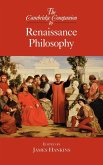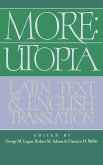Starting in the 1660s, followers of the philosopher Descartes argued for what has come to be known as "occasionalism." In its most extreme form, occasionalism is the doctrine that God directly causes everything that happens in the world, and no other being is a true cause of any effect. The views of Cartesian occasionalists were once largely dismissed by English-speaking philosophers. But since the 1970s, a growing body of secondary literature has highlighted the historical significance, and philosophical interest, of their views. This study expands on recent scholarship to provide the first comprehensive account of occasionalism in the seventeenth century.
Hinweis: Dieser Artikel kann nur an eine deutsche Lieferadresse ausgeliefert werden.
Hinweis: Dieser Artikel kann nur an eine deutsche Lieferadresse ausgeliefert werden.








